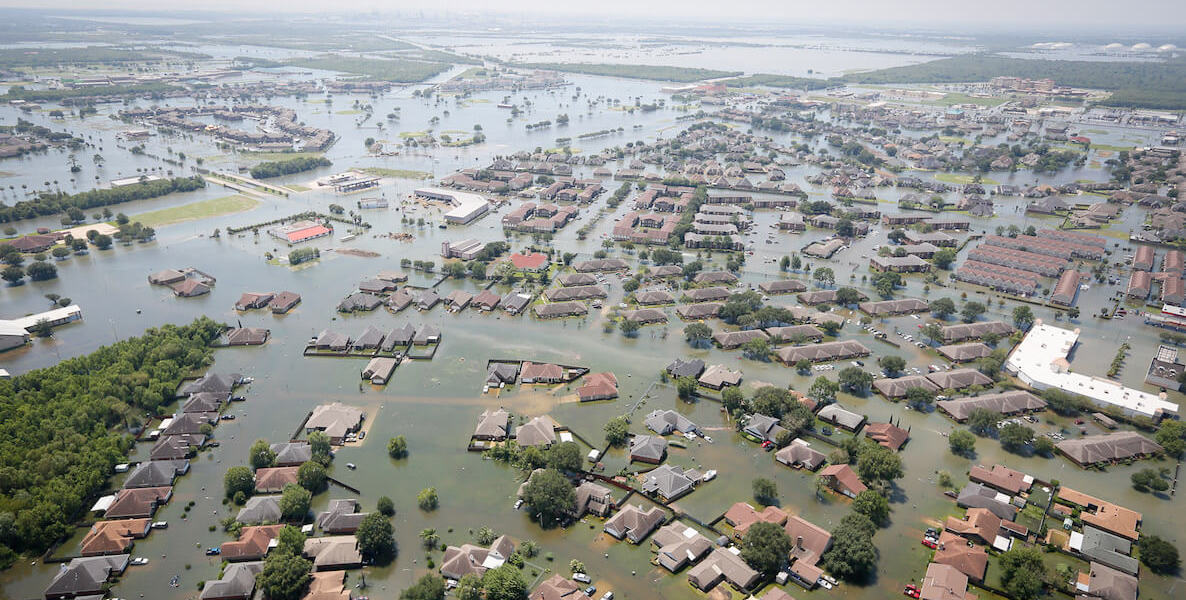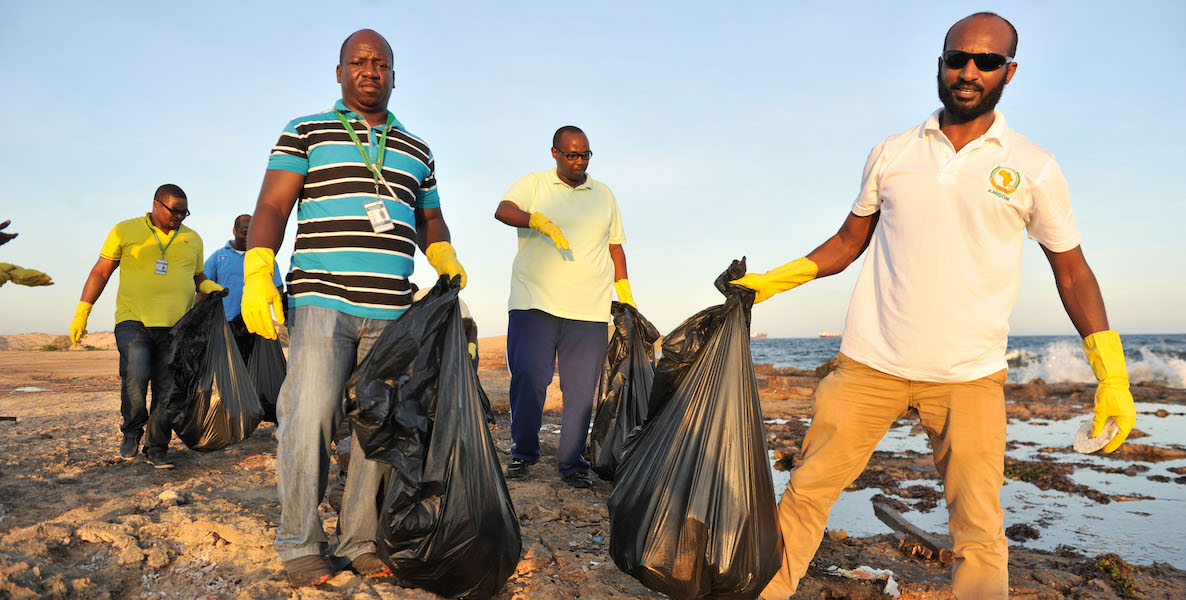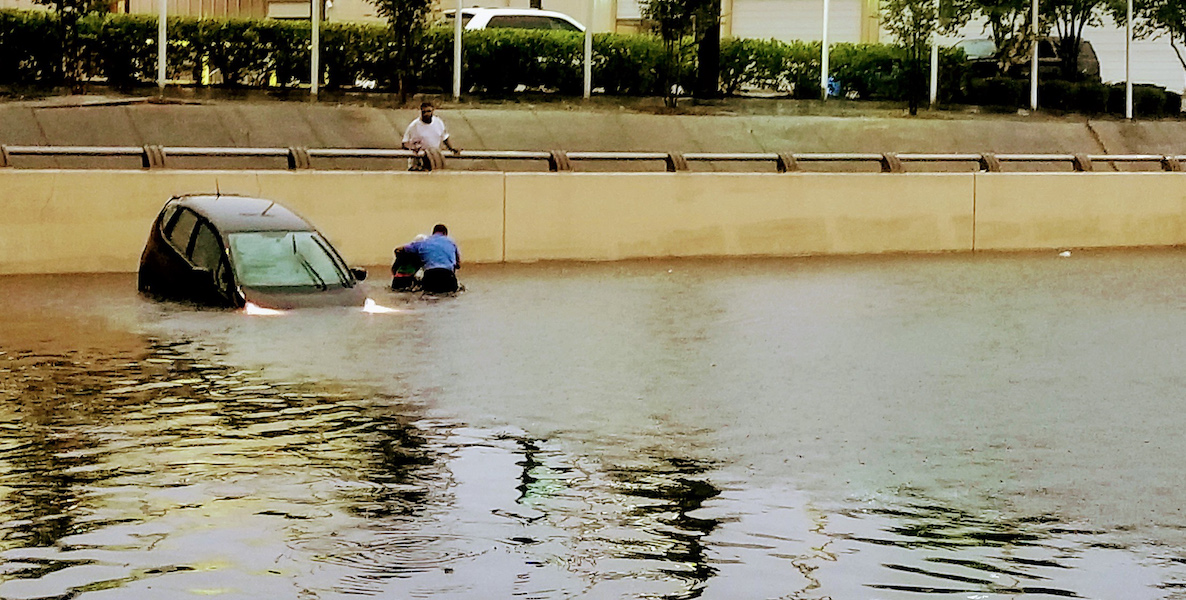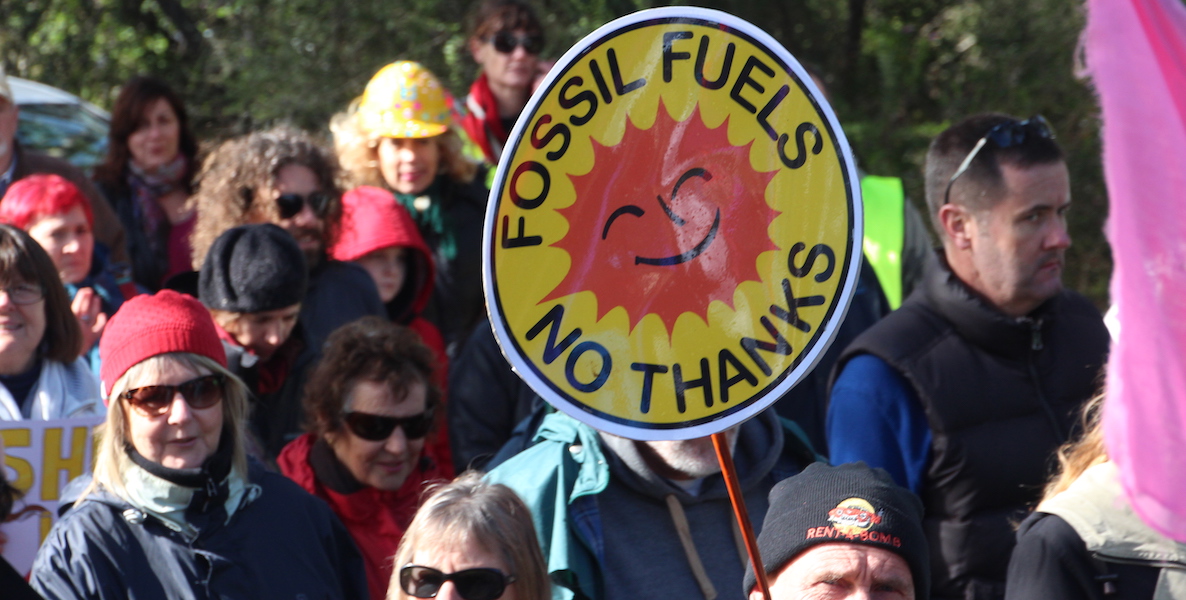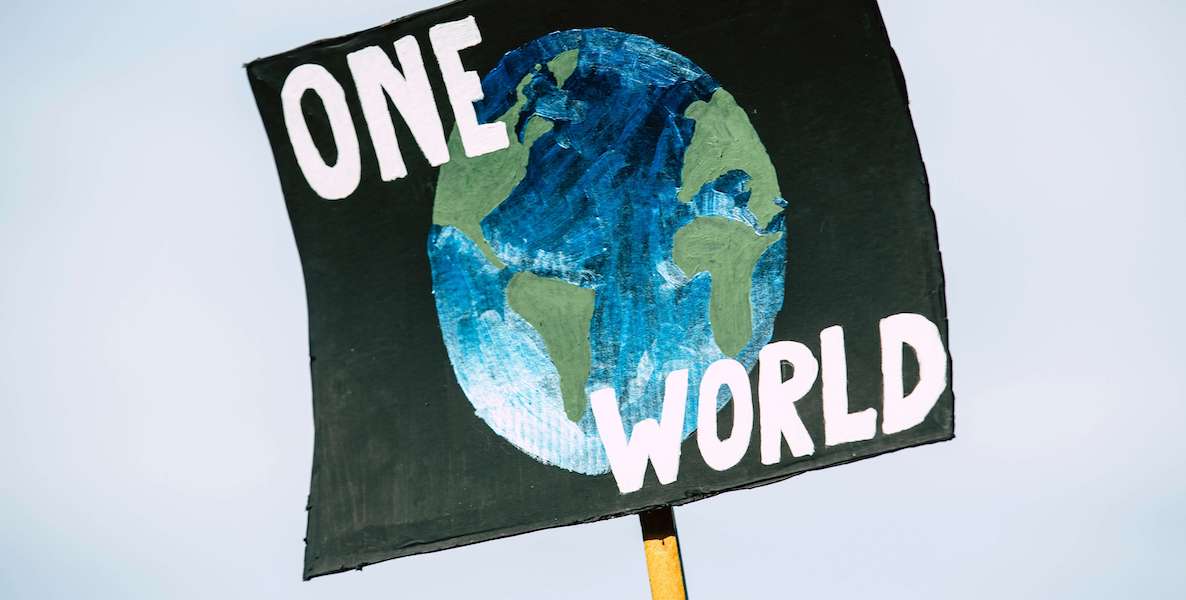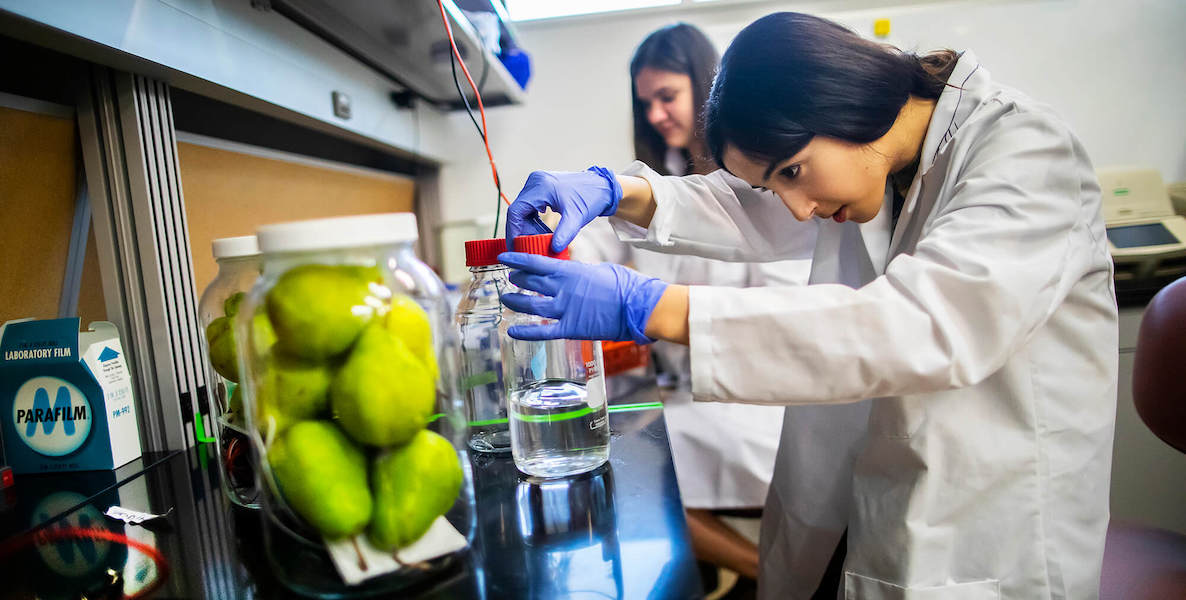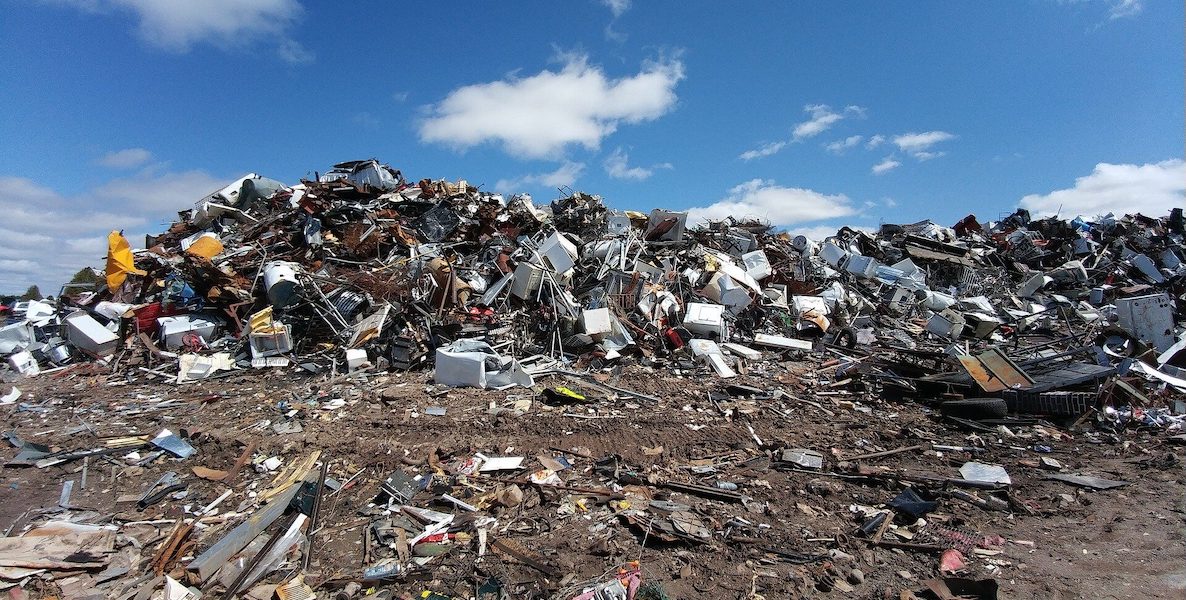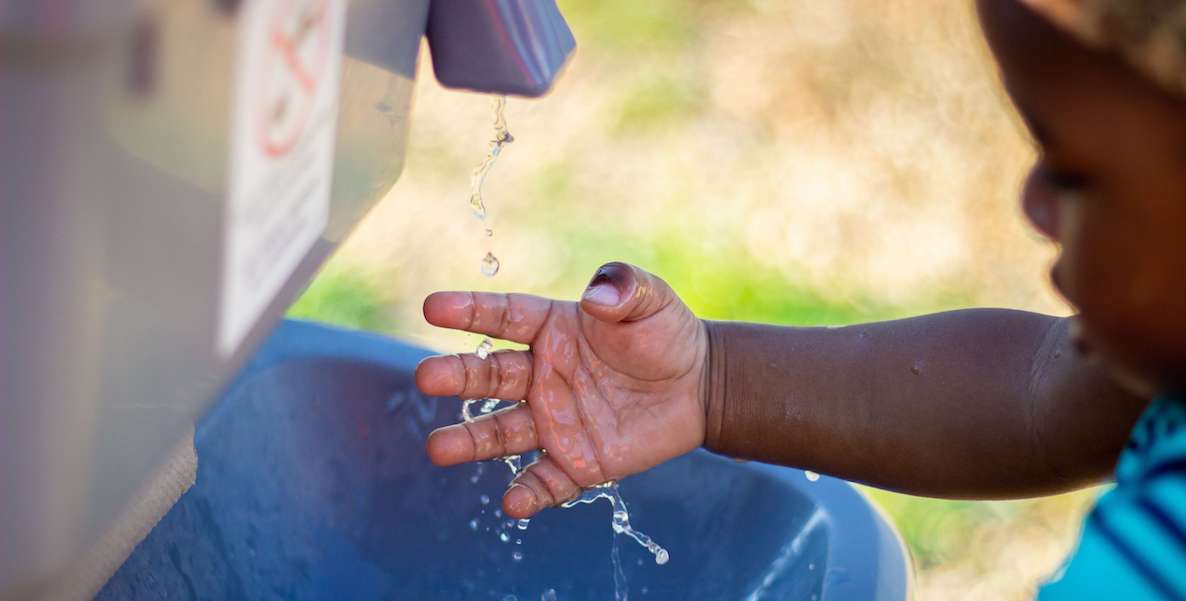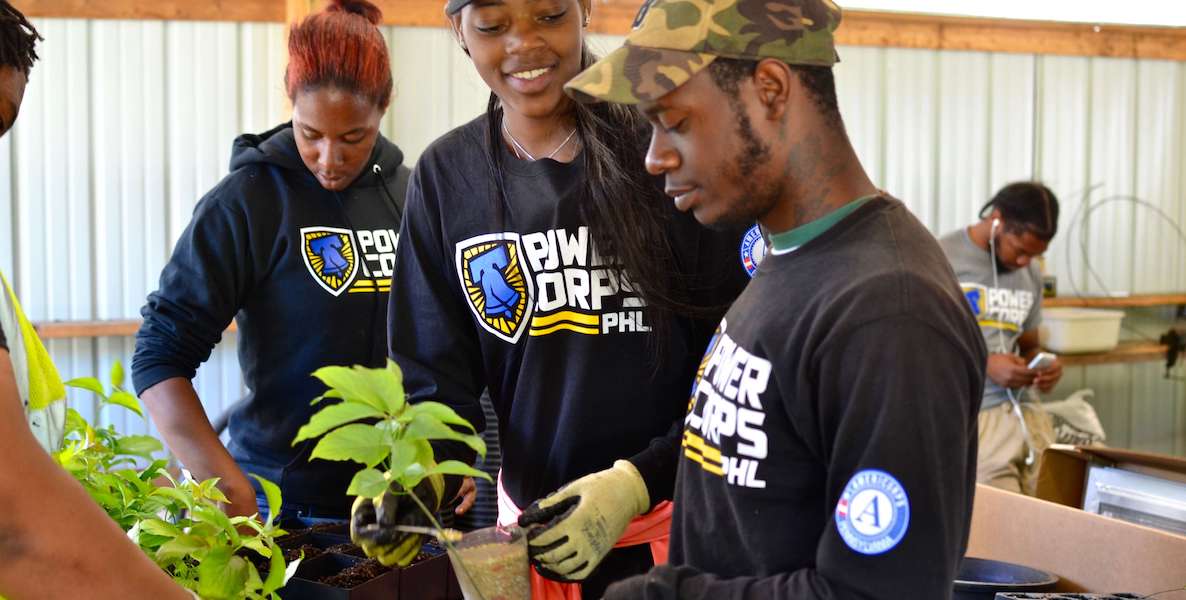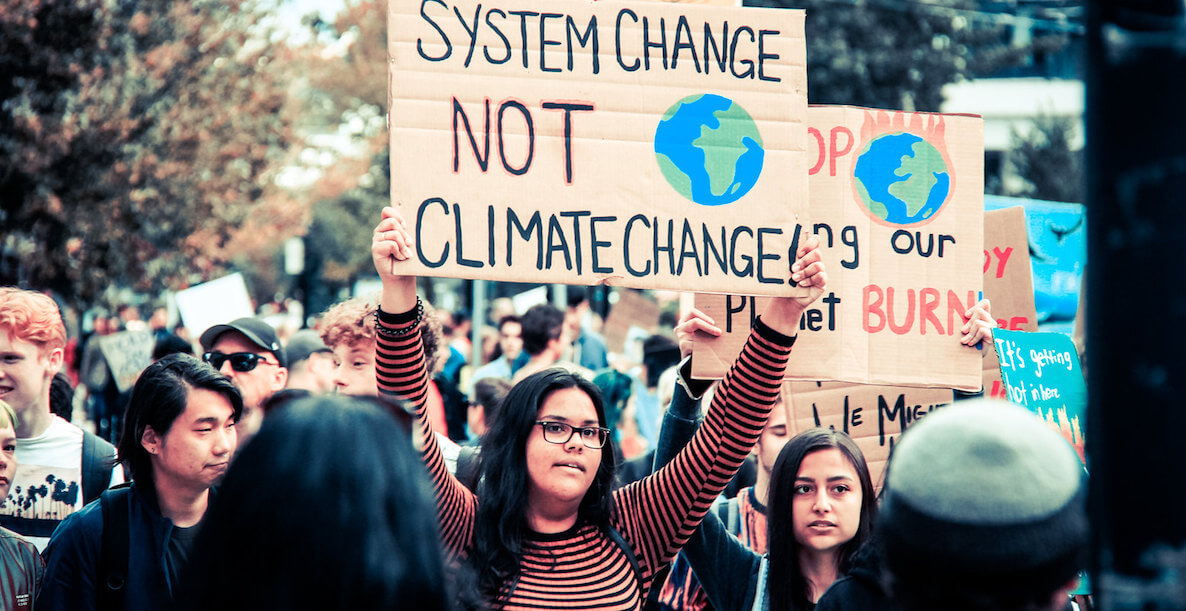To this story in CitizenCastLISTEN
We didn’t act on the urgency of this pandemic until it was too late. And we’re poised to repeat those very same mistakes when it comes to another crisis in our midst: climate change.
Scientists say that if we halve carbon emissions by the year 2030, we can avoid the most devastating consequences of climate change. But to pull that off, we need structural change on every level of our society, from food production to transportation to housing.
It’s a daunting task, for sure. But before you pass it off as a pipe dream, take a look around.
People can change their lifestyles quickly and drastically—that’s what we’re all For a better futureDo Something
This pandemic is teaching us a lot of lessons. For one, that rapid, large-scale mobilization is possible. And it’s opening our eyes to something beautiful and powerful: our connection to one another.
Like it or not, we’re inextricably linked. When we stay at home, we’re not just protecting ourselves—we’re protecting our entire community. And if one person cheats on social distancing, it sets off a ripple effect, affecting everyone they come into contact with.
This pandemic is either giving us a preview of darker times ahead, or a much-needed push to shake-up society as we know it. The choice between the two is ours—and now’s the time to make it.
We can say the same about climate change, but on a global scale. When industrialized, top-polluting countries like the U.S. funnel carbon into the atmosphere, it triggers ecological imbalance all over the world, including in those countries that contribute the least to the world’s total emissions.
After all, this pandemic is teaching us some painful lessons, too, about our way of life and how we got to this place of Covid and climate crisis. For one, it’s shining a glaring light on the unequal and extractive nature of our society—as if that weren’t obvious enough.
Grocery store cashiers and public transit operators and sanitation workers are forced to work on the frontlines of the crisis without hazard pay or paid sick leave, because they can’t go months without a paycheck. As more and more workers lose their jobs to layoffs and furloughs, they’re joining the 27 million Americans who were already uninsured, leaving them unable to pay for the health care that can save their lives from this novel virus.
The country’s racial disparities are also on full display, thanks to Covid-19. African Americans account for 72 percent of virus-related fatalities in Chicago, even though they make up less than a third of the population. When race is known in Philly, African Americans make up 56 percent of coronavirus cases, while white Philadelphians make up just 26 percent. That’s no doubt due to long-standing disparities in health, driven by poverty, housing discrimination and environmental racism.
As climate change comes bearing down on us, it’ll devastate vulnerable communities first—the same communities hit hardest by this virus. In fact, it already has. Look no further than hurricanes like Katrina and Maria, which swept through economically distressed areas and disproportionately took and upended the lives of black and brown individuals.
Yes, the world is a scary place right now. And based on climate science, the future looks even scarier. But it doesn’t have to be that way. Instead of just bracing ourselves for the next pandemic or natural disaster, we can work together to build a better society: one that’s not only safe and healthy, but fair and kind.
In Philly, that could mean hundreds of trees planted around the city, especially in neighborhoods like Hunting Park, the hottest in the city; empty, blighted lots converted to urban farms and community-owned solar arrays; scores of good-paying jobs in energy efficiency and other green sectors; and neighborhoods, once plagued by pollution-spewing gas plants and oil refineries, with clean, crisp air.
The sweeping Green New Deal proposal in Congress takes these issues into Covid-19 lessons for climate changeVideo
But we need big thinking. And there are bold changes we can make to work toward its broader goals.
Instead of bailing out oil companies, we can follow Jane Fonda’s lead and “Stop the Money Pipeline”—in other words, join the growing movement demanding that the world’s banks, asset managers, and insurance companies divest from fossil fuel companies and instead funnel their money into clean energy. The campaign has already convinced BlackRock, the world’s largest investment management firm, to announce that it’s backing away from dirty energy.
We can support efforts like Zero Foodprint, which funds grants for farmers to help them shift away from unsustainable farming practices and move toward the kind of regenerative agriculture that restores soil biology and naturally draws carbon from the atmosphere.
This pandemic is teaching us a lot of lessons. For one, that rapid, large-scale mobilization is possible. And it’s opening our eyes to something beautiful and powerful: our connection to one another.
And we can join Philly legend Judy Wicks’s initiative—and similar movements around the country— to re-localize our economies, producing our goods and services closer to where people buy them. That slashes the emissions generated through transportation, while creating low-carbon jobs and keeping wealth within communities.
The most important lesson to be learned from this pandemic is that people are naturally kind and generous. Countless individuals are stepping up to raise funds for small businesses; sew masks for healthcare workers; and donate food to those out-of-work.
Let’s channel some of that kindness into caring for our planet, and for continuing to care for one another, long after this pandemic blows over.
There’s plenty for individuals to do, even if we can’t march in the streets. We can spend our time at home reading books on the climate crisis. We can join Greta Thunberg’s virtual climate strikes. We can call our representatives and demand they support a national Green Stimulus Package or put a stop to a local fossil fuel project. And much, much more.
The Citizen's climate coverageRead More
This pandemic is either giving us a preview of darker times ahead, or a much-needed push to shake-up society as we know it. The choice between the two is ours—and now’s the time to make it.
Photo courtesy Markus Spiske / Unsplash


